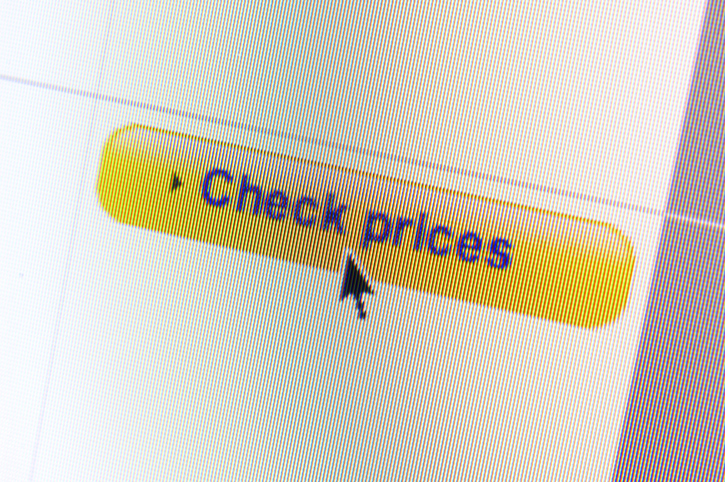On May 28, 2022, the Danish consumer ombudsman published long-awaited Guidelines on price marketing. The Guidelines are identical to a revision on price marketing Rules that entered into force on the same date. The revised Rules and Guidelines signal a significant change in how businesses can market themselves using price comparisons and other sales promotions for products and services.
The Guidelines serve to ensure consumers are not being misled in the marketplace, as well as fair competition between traders through a clear and uniform interpretation of the Rules. The Rules and Guidelines are based on Article 6(a) in Directive 98/6/EC – Price Indications on Consumer Products and the Commission’s guidance on the interpretation and application of Article 6a.
The primary changes in the revised Rules are:
- When a product or service is put on offer, the product must have been offered at its normal price for at least 30 days before an offer can be compared with this price.
- Products or services that have had a normal price for a period of 30 days can be marketed at a reduced price for 10 days. This offer period may be extended if the trader, at the beginning of the offer period, draws attention to the duration of the offer, or through an extension of the offer states that it is an extension. This information must appear clearly and in immediate connection with the offer. However, the offer period can never last longer than half the duration of the period in which the item has been marketed at the normal price.
- It is unlawful to perform short-period market promotions with reduced prices, without interrupting the 30-day period, during which, the product must have been on sale at normal prices.
- When an offer price is further reduced, the normal price is then considered to be the price that was applied before the first price reduction.
- Special rules now apply to goods that become obsolete quickly, for example fresh food, drinks with a short expiration date and cut flowers. For these goods, the item must have had its normal price for at least 14 days before an offer can be compared with this price, and the item can then be marketed at a reduced price for five days when the item has had a normal price for a period of 14 days.
A product or service cannot be described as “free” or “free of charge” if the consumer must pay with their data, unless it appears from the marketing that the trader collects personal information about the consumer and how the information will be used. However, this is not a new practice rather it is reinstating what is already held under the law.
Traders must be able to document that their marketing complies with the revised Rules, including any use of third parties.
The fines for non-compliance increased during a revision to the Danish Marketing Practices Act on January 1, 2022. Generally, fines are now based on the trader’s turnover.
The Danish Consumer Ombudsman was also allocated a higher budget with the January 1 revision. It is almost certain that the Rules will lead to greater scrutiny of traders’ price marketing practices with higher fines to follow for any non-compliance.





